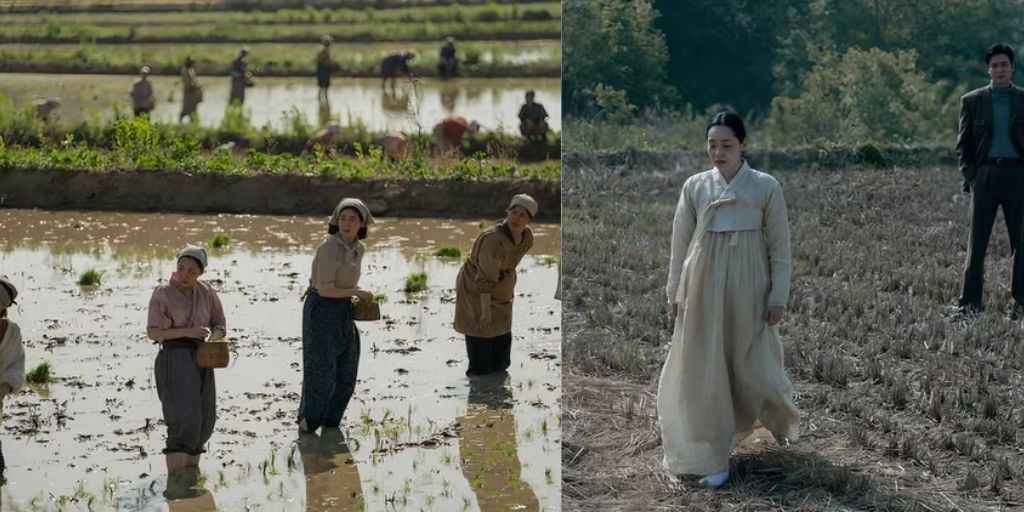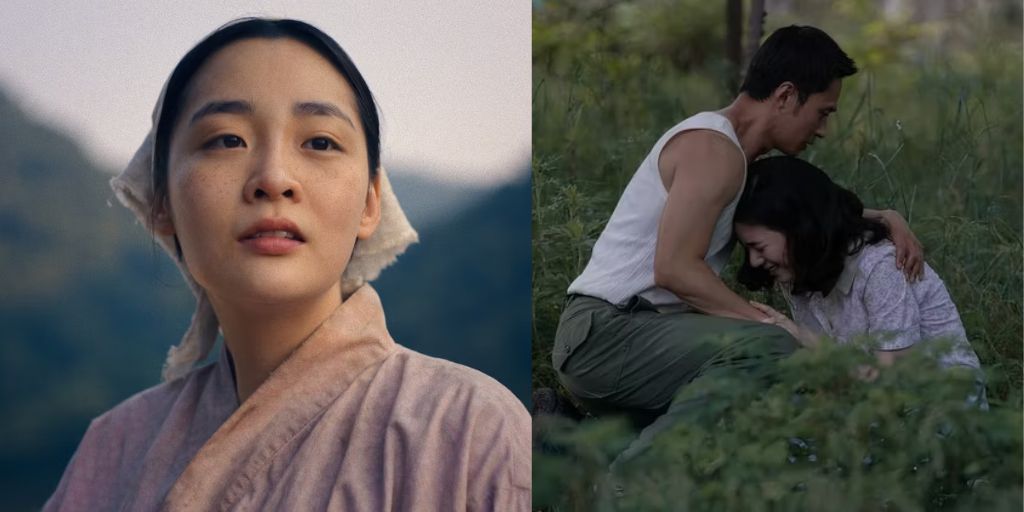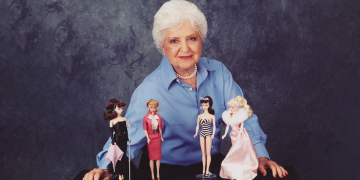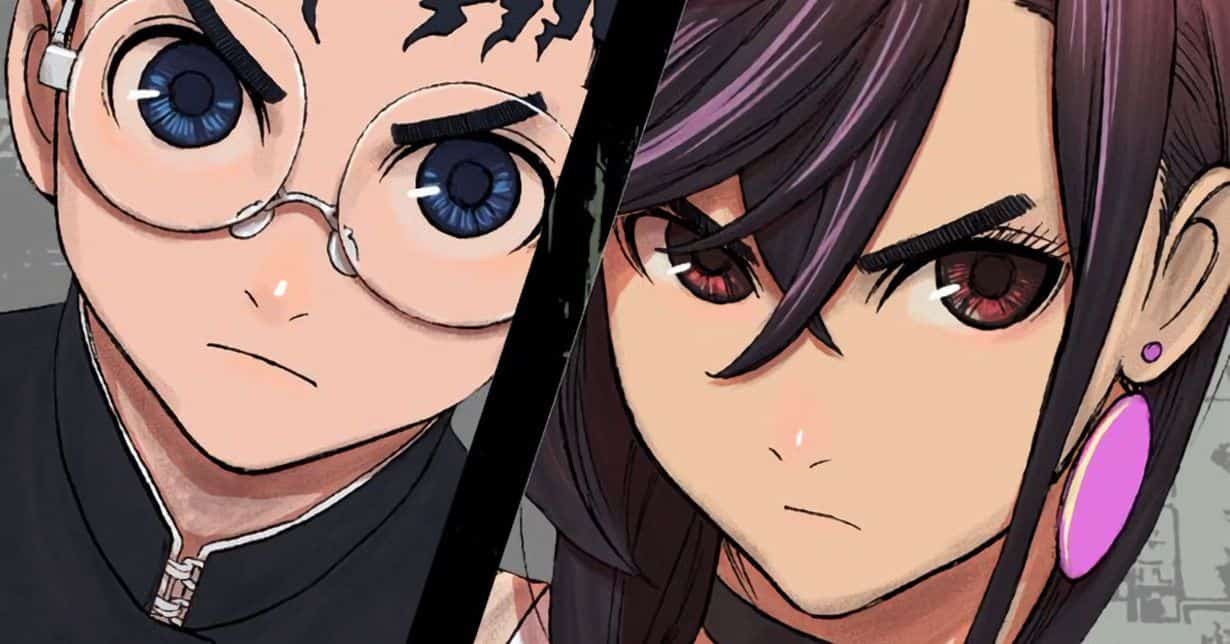There are very few shows where everything—from acting and writing to directing and production design—comes together so perfectly. These rare gems are exceptional and worth celebrating.
While “perfect” is a strong word, shows like these are very close to it. Although it is still early and the creator Soo Hugh can take it further, “Pachinko” has already shown it deserves to be among the best modern shows.
Just like its amazing first season, the series keeps creating powerful emotional moments that span decades. Much of this comes from the impressive and often overlooked cast, but every part of the production is expertly done and impressive.
Adapted from Min Jin Lee’s excellent novel, “Pachinko” respects the source material and adds its own unique touch. As Season 2 continues and changes the story’s structure, it finds even more meaning.
What Is ‘Pachinko’ Season 2 About?
We pick up with Sunja, played by Kim Min-ha and Youn Yuh-jung at different times, as she faces life’s ongoing challenges. For those who do not know the book, Season 1 ended halfway through it, showing both a major separation and a hint of possible success.
These events are shown truthfully, highlighting how life can be full of both joy and pain. As the series moves back and forth in time, it continues to explore both tragedy and triumph beautifully.
In Osaka in 1945, Sunja is still working hard to survive in a harsh world that seems indifferent to her and her family. She has already faced much pain, and more is expected. The series covers the growing fears of World War II and the uncertain future of a family member.
Even Hansu, played again with grace by Lee Minho, appears concerned about what’s happening, trying to help Sunja while keeping her at a distance for his own reasons. We also see the next generation growing up during this time, with the show balancing young and old characters living together.
Moving to 1989 Tokyo creates interesting contrasts as Sunja and her grandson Solomon (Jin Ha) face struggles tied to their past but distinct in their own ways. The new opening credits dance is a great way to start each episode.
Compassionate and Crushing, ‘Pachinko’ Is Essential Viewing
Watching all eight episodes of this second season made me rewind and replay conversations. Even short ones are so well-written and acted that they draw you deeply into the emotions. One notable conversation at the end of the first episode between Sunja and Hansu reveals a lot about both characters.
The actors deliver their lines and performances excellently, and the way it is all put together gives it an epic feel. Though life includes simple moments that may seem small compared to big historical forces, “Pachinko” is an essential show showing how crucial these moments are in our lives.

These moments are what we remember later in life, and the series is filled with them, resonating in a delicate yet powerful way. In a painful final conversation between Sunja and a close person, the scene does not overdo the pain but still conveys the looming loss.
This is also seen later when an upcoming tragedy is shown with full impact while the show remains restrained. Questions about how to depict such events are important, but “Pachinko” handles them thoughtfully. It is never exploitative but reminds us of a time that caused great harm to many.
Finding the right balance is tough, but “Pachinko” ensures that characters are not overwhelmed by the cruelty they face. The series embodies the line from the book—”History has failed us, but no matter”—showing how deep historical pain can be while focusing on the people living through it.
Whether in past scenes with Sunja finding joy and love or in future moments with her older self reflecting on her experiences, the series is so finely crafted that it deeply moves you as it unfolds.
“Pachinko” is an experience that is painful, joyous, and touching, proving to be a powerful and enduring show. “Pachinko” Season 2 premieres August 23 on Apple TV+ in the U.S.





